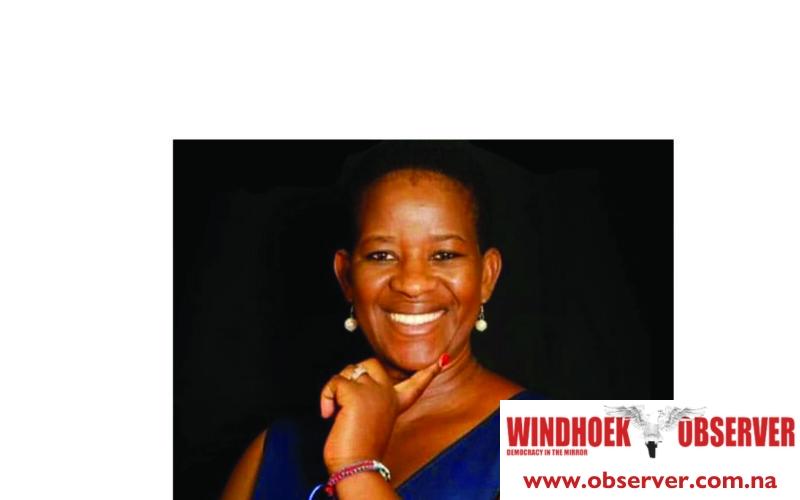Renthia Kaimbi
Social grants continue to safeguard the livelihoods of thousands of Namibians by supporting the most vulnerable members of society, says Justina Jonas, the chairperson of the parliamentary standing committee on poverty eradication.
She described the country’s social grant system as both a major national achievement and a program that needs urgent refinement to better serve its people.
Over 618 000 Namibians rely on state grants for their survival. This includes 202,294 old-age pensioners, 356 756 children receiving orphans and vulnerable children (OVC) grants, and 50 927 persons on disability grants.
“We, as representatives of the Namibian people, have all taken an oath to serve with integrity and to strive for a dignified life for every citizen,” Jonas said at a recent workshop for members of parliament on social protection, which was held in Swakopmund.
She emphasised that social protection systems are central to reducing inequality and safeguarding vulnerable groups.
The government has allocated N$7.2 billion for social grants in the 2025/2026 financial year.
Of this amount, N$3.7 billion is for old-age grants, N$955 million for adult disability grants and N$152 million for disability grants for minors, with the rest covering other support schemes.
Despite this investment and progress made since independence, Jonas said the system still needs critical evaluation and strengthening.
The workshop also aimed to deepen understanding of the National Social Protection Policy, identifying challenges and strengthening parliamentary oversight to ensure fiscal prudence and accountability.
Jonas added that while social grants play a key role as a buffer against poverty, policies must also address the root causes of economic vulnerability.
Jonas called for “open, constructive engagement” and urged lawmakers to take responsibility for improving Namibia’s social safety net.
The workshop, held in partnership with the Friedrich Ebert Stiftung (FES), aimed to shift discussions from financial allocation to more effective and inclusive policy reform.
Delivering a message on behalf of FES, project manager Inge Neunda commended Namibia’s comprehensive social protection floor as a model for Africa.
She pointed out that the Covid-19 pandemic exposed systemic weaknesses that require attention.




